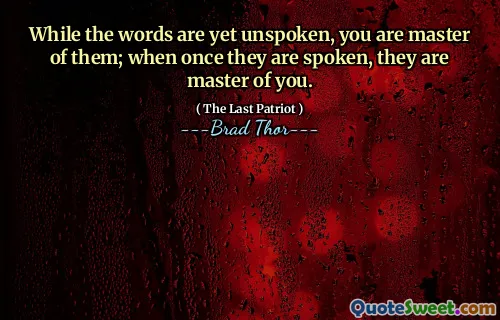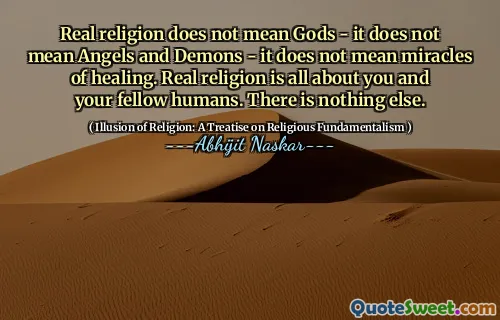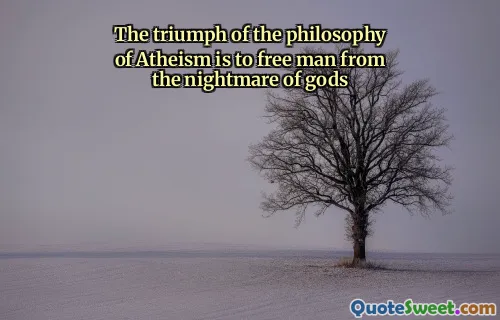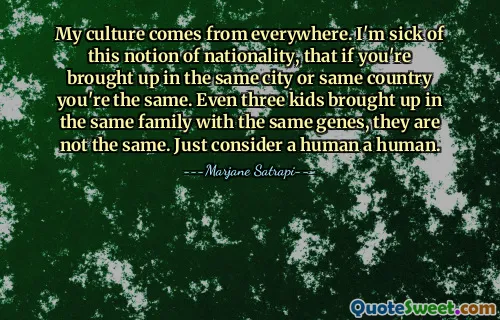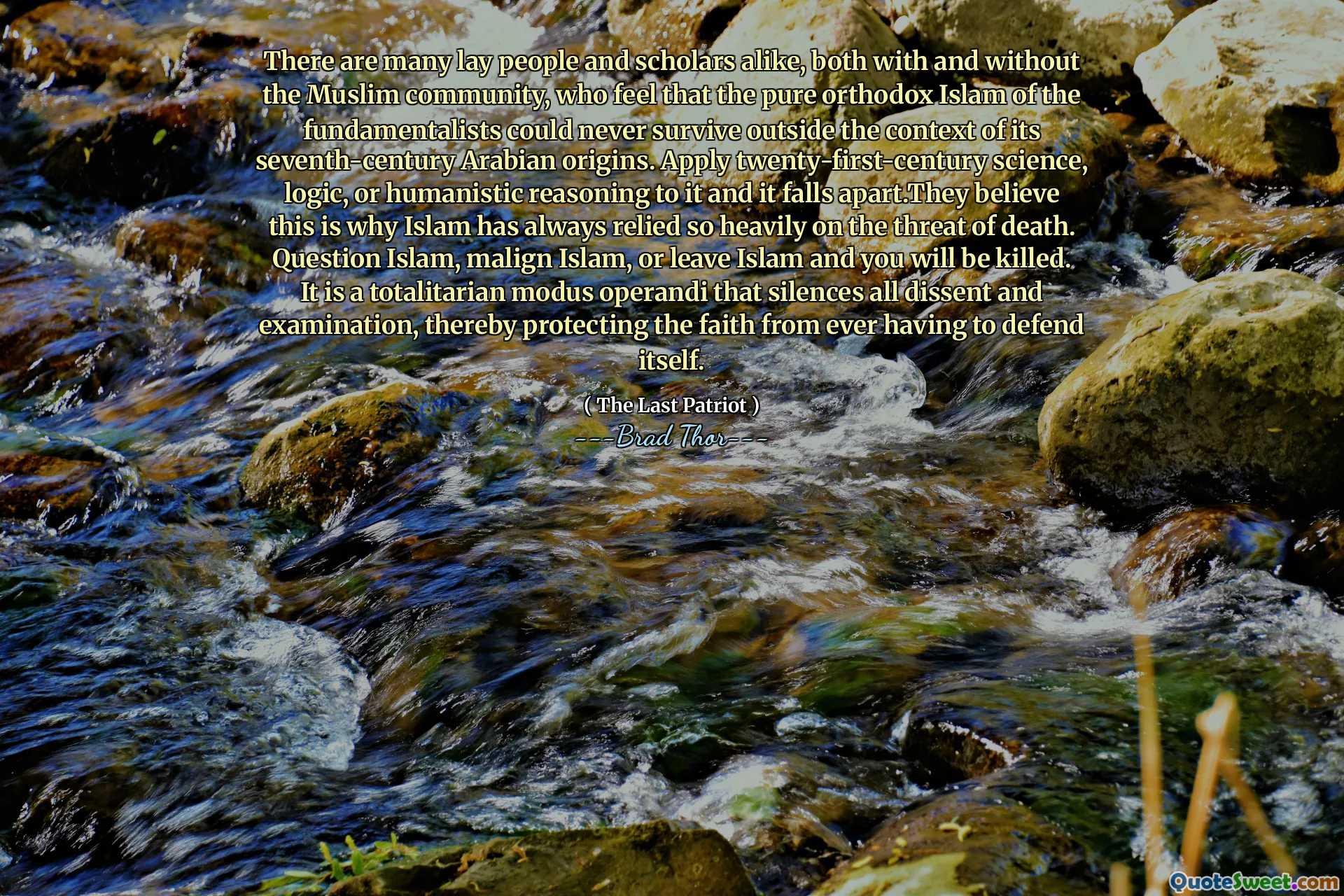
There are many lay people and scholars alike, both with and without the Muslim community, who feel that the pure orthodox Islam of the fundamentalists could never survive outside the context of its seventh-century Arabian origins. Apply twenty-first-century science, logic, or humanistic reasoning to it and it falls apart.They believe this is why Islam has always relied so heavily on the threat of death. Question Islam, malign Islam, or leave Islam and you will be killed. It is a totalitarian modus operandi that silences all dissent and examination, thereby protecting the faith from ever having to defend itself.
The passage discusses the perspectives of various individuals, including both scholars and laypeople, who argue that fundamentalist interpretations of Islam struggle to remain relevant outside their historical context in seventh-century Arabia. They suggest that when contemporary science, logic, or humanistic views are applied to these beliefs, they tend to collapse under scrutiny. This viewpoint highlights a perceived fragility in the strict orthodoxy of the faith.
Furthermore, the passage critiques the reliance on fear and violence within Islam, as it posits that threats of death serve to maintain control and suppress criticism. The idea is that such extreme measures create a totalitarian environment, which stifles any dissenting voices or inquiries into the religion, thus preventing it from having to justify or defend its doctrines in a modern context.

